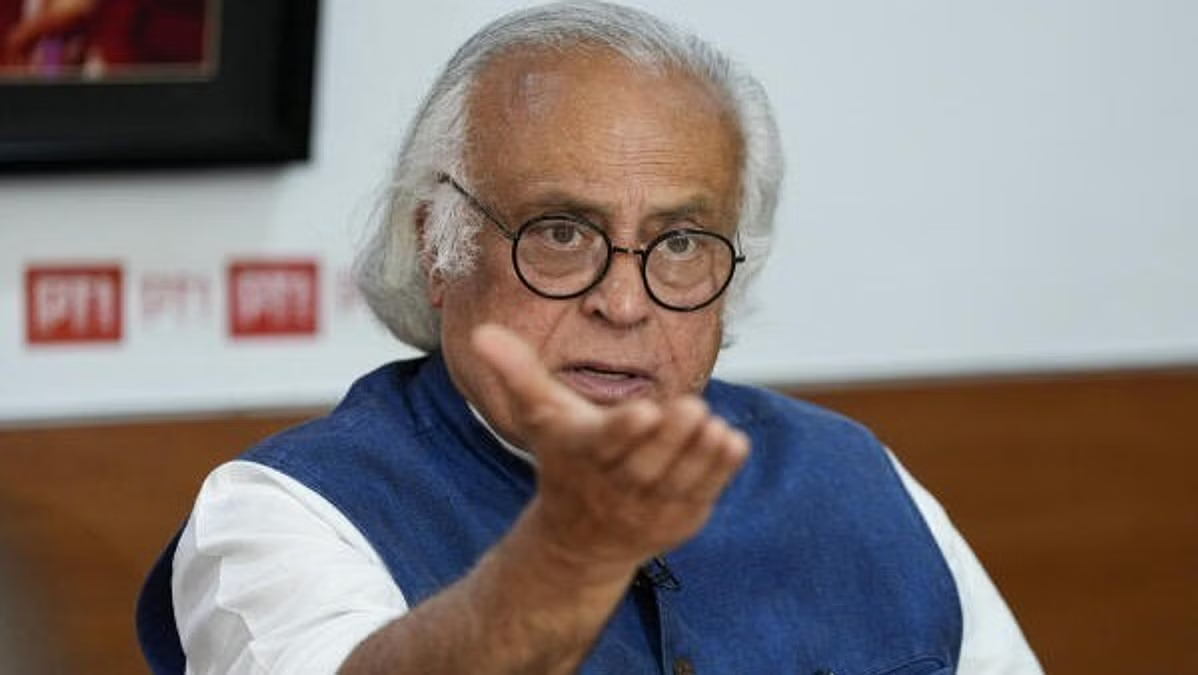New Delhi, Aug 2: A government panel on Covid immunisation has recommended allowing Biological E's Corbevax as a precaution dose for adults fully vaccinated with either Covishield or Covaxin, official sources said on Tuesday.
If approved by the government, this would be the first time a booster dose of a Covid vaccine different from the one used for primary vaccination would be allowed in the country.
The COVID-19 Working Group of the National Technical Advisory Group on Immunisation (NTAGI) made the recommendation in its 48th meeting held on July 20, an official source told agencies.
“Corbevax may be considered for a third/precaution dose six months after completion of primary series of Covaxin or Covishield vaccines for population above 18 years wherever indicated,” the recommendation stated.
India's first indigenously developed RBD protein subunit vaccine Corbevax is currently being used to inoculate children in the age group of 12 to 14 years under the COVID-19 Immunisation programme.
The COVID-19 Working Group (CWG), in its July 20 meeting, reviewed data of the double-blind randomized phase-3 clinical study which evaluated the immunogenicity and safety of booster dose of Corbevax vaccine when administered to COVID-19-negative adult volunteers of age 18-80 years previously vaccinated with two doses of either Covishield or Covaxin.
“Following the examination of the data, the CWG observed that Corbevax vaccine can induce significant increase in antibody titers when given to those who have received either Covaxin or Covishield, which is likely to be protective as per the neutralization data also,” the source said.
The Drugs Controller General of India (DCGI) on June 4 approved Corbevax as a precaution dose for those aged 18 and above.
At present, the same COVID-19 vaccine which has been used for administration of first and second doses is being given as precaution dose to all aged 18 years and above.
More than 4.13 crore precaution doses have been administered in the 18-59 age group while over 5.11 crore precaution doses have been given to those aged 60 and above and heathcare and frontline workers.
India began administering precaution doses of vaccines to healthcare and frontline workers and those aged 60 and above with comorbidities from January 10.
The country began inoculating children aged 12-14 from March 16 and also removed the comorbidity clause making all people aged above 60 eligible for the precaution dose of Covid vaccine.
India on April 10 began administering precaution doses of COVID-19 vaccines to all aged above 18 years.




